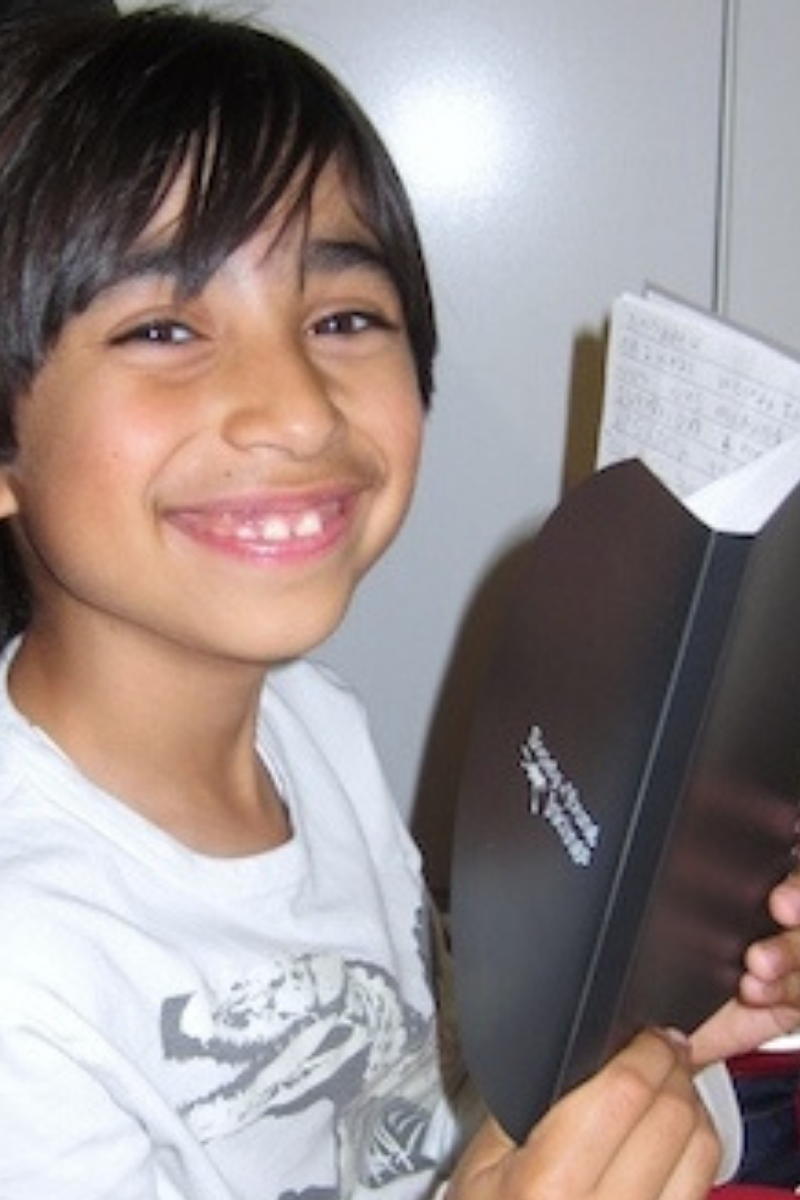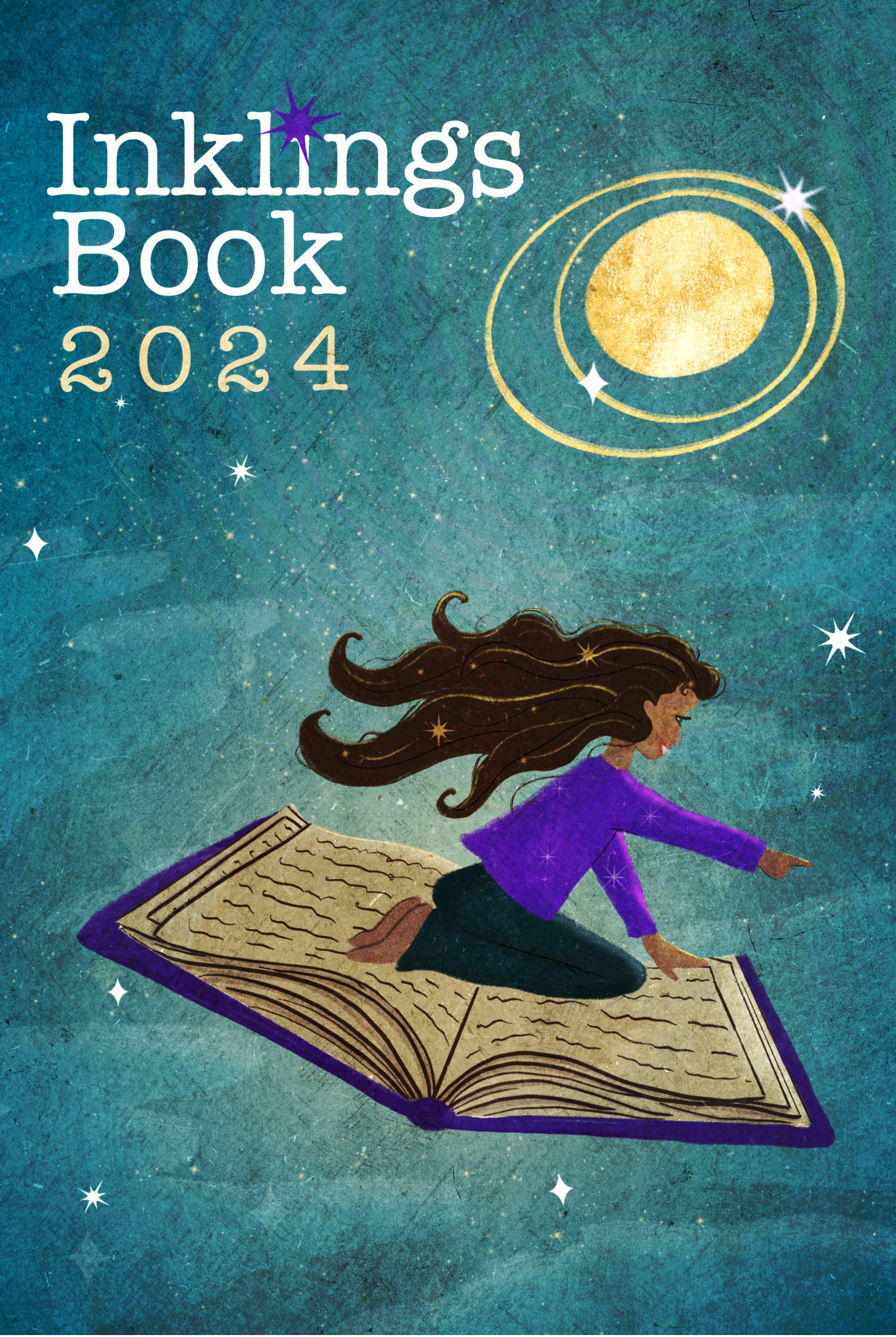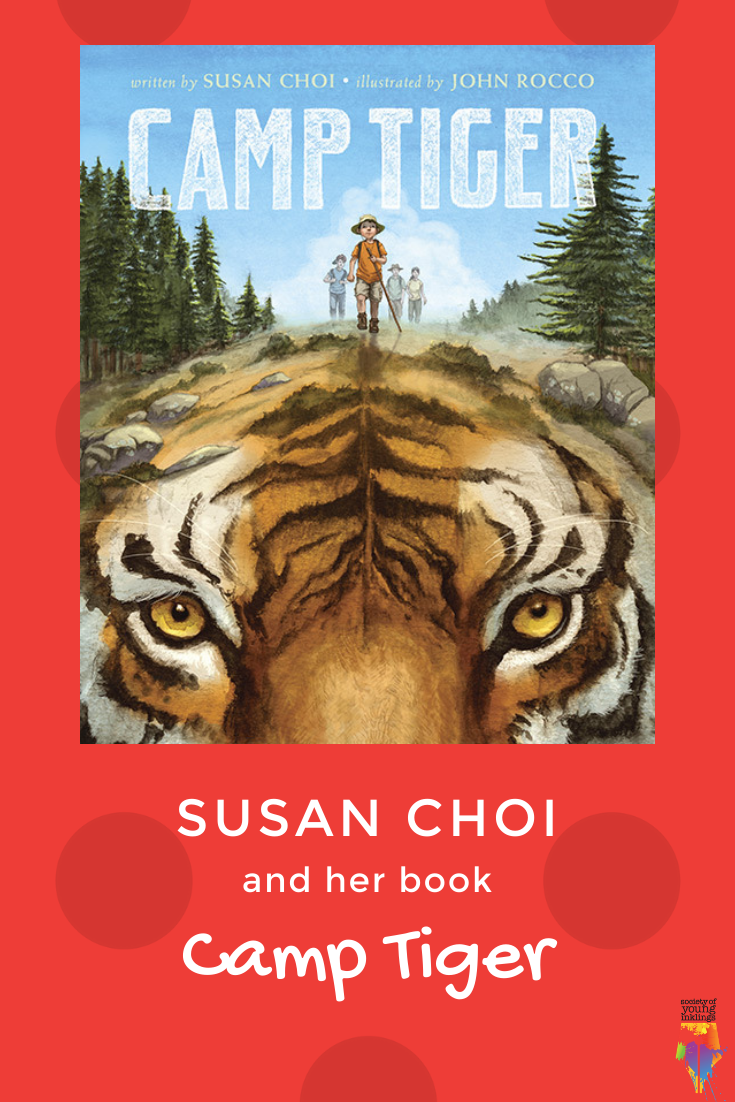Writerly Play Kit 017
The ONE Thing – Feedback that Focuses Student Growth
The ONE Thing – Feedback that Focuses Student Growth
I’ve been writing editorial notes to the applicants who entered our recent contest that we held in collaboration with Stone Soup. With each new note, I step into the fragile feedback space. It’s similar to a soap bubble–iridescent and filled with the potential to inspire and create momentum for the writer, or to pop and disappear at any moment.
How might those of us who give feedback focus and motivate writers rather than sweeping the wind out of their sails?
First, let’s acknowledge there is no 100% guarantee to any approach. Each youth writer has the opportunity to decide for themselves how they’ll receive feedback. That said, over time, I’ve learned a few strategies that make feedback more motivating to youth writers. Most importantly, I’ve learned that by choosing one focus, we help writers ground themselves in purposeful practice. Through their revision, writers gain a sense of mastery in a specific skill, and confidence about their overall ability to grow and learn.
In this WP Kit, we’ll explore how to choose a focus for a writer’s revision, and how to communicate a clear strategy for the revision process.

CHOOSING A FOCUS

I focus on the writer’s intent because otherwise I may ask myself, “How might we make this piece stronger?” Or worse, “What’s wrong with this piece?” These questions point me toward weaknesses and errors, which makes it difficult for me to shape a proactive revision focus. My goal, instead, is to identify a writer’s intent, find a way the writer has begun to succeed, and focus their revision on magnifying that strength.
For instance, a writer may have included rich description in the beginning of a story, but in the middle and end, they’ve rushed the storytelling. I can tell they want a quick, exciting pace, which is probably why they’ve hurried through. In this case, my feedback can reinforce the exciting plot, and point out the fantastic descriptive passage at the beginning. Next, my suggested strategy can focus on using compelling description in the middle and end, just like they did in the beginning, in order to maximize the heart-racing excitement.
By framing my feedback in this way, I’m lining myself up shoulder-to-shoulder with the writer, and helping them further achieve their goal. As a bonus, they’re also solving one of the biggest problems in the piece. They’re much more engaged and motivated because they’re thinking about how to make the piece even stronger, rather than how to fix what’s wrong.
COMMUNICATING A STRATEGY
First, they might underline an exciting moment.
Then, they might close their eyes and picture exactly how it went.
Finally, they might open their eyes and add three specific details to make that same movie in a reader’s mind.
Instead of running away “as fast as they can,” a character might, “leap over a log and then scramble up a muddy hill, slipping and sliding, but never looking back. Not even once.”
Notice how this strategy, once learned, can be used elsewhere in the piece. Strategies like this one are better invented on the fly, with the writer’s collaboration, so your writers feel a sense of ownership. After inventing a quick strategy together, I often will ask a writer, “What should we call this strategy?” If they name it, they’re more likely to remember how to use it. Ideally, they’ll use the strategy for the current revision, and remember it in the future when they’re writing descriptively. Someday, the strategy will no longer be necessary. Description will come naturally, which is exactly the desired outcome.
-Peter H. Reynolds, author of Start with a Word
What’s Up At SYI this Month?
Five Senses
Aim for between 350 and 1000 words. Have your students submit a response here and they might be published on our website!
INK SPLAT
Susan Choi
This month, we talk to author Susan Choi about her book, Camp Tiger. In this exclusive interview, we learn about what inspires Susan as a writer.
Write for your own pleasure and not for recognition. If you love your own writing and are proud of it, it will always be an end in itself.

INKLINGS CONNECT
THE INKLINGS BOOKS ARE HERE!
Order your copies at your favorite local bookstore or grab them from Bookshop.org. We can't wait for you to read them!




